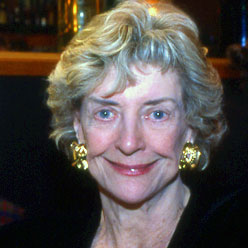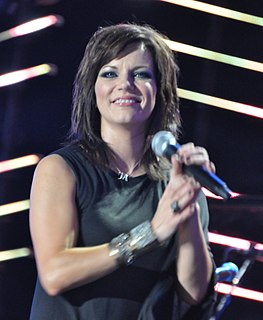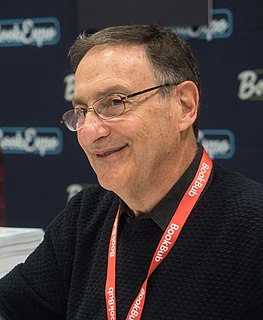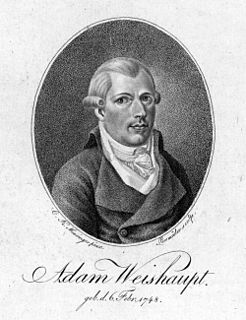A Quote by Wallace Stevens
To name an object is to deprive a poem of three-fourths of its pleasure, which consists in a little-by-little guessing game; the ideal is to suggest.
Related Quotes
Poems, to me, do not come from ideas, they come from a series of images that you tuck away in the back of your brain. Little photographic snapshots. Then you get the major vision of the poem, which is like a giant magnet to which all these disparate little impressions fly and adhere, and there is the poem!
As we speak of poetical beauty, so ought we to speak of mathematical beauty and medical beauty. But we do not do so; and that reason is that we know well what is the object of mathematics, and that it consists in proofs, and what is the object of medicine, and that it consists in healing. But we do not know in what grace consists, which is the object of poetry.
Everything is moderation, really. I don't really deprive myself of anything. But I try to balance it with healthy food choices. I am not real fond of exercise, so I try to get away with as little as possible which is about thirty minutes three times a week and I do a little weight training and cardio.
Holiness is the sum of a million little things — the avoidance of little evils and little foibles, the setting aside of little bits of worldliness and little acts of compromise, the putting to death of little inconsistencies and little indiscretions, the attention to little duties and little dealings, the hard work of little self-denials and little self-restraints, the cultivation of little benevolences and little forbearances.
The great strength of our Order lies in its concealment; let it never appear in any place in its own name but always covered by another name and another occupation. None is fitter than the three lower degrees of Freemasonry; the public is accustomed to it, expects little from it and therefore takes little notice of it.
There are three sorts of pleasures which are advantageous, and three which are injurious. Finding pleasure in the discriminating study of ceremonies and music, finding pleasure in discussing the good points in the conduct of others, and finding pleasure in having many wise friends, these are advantageous. But finding pleasure in profligate enjoyments, finding pleasure in idle gadding about, and finding pleasure in feasting, these are injurious.
little sun little moon little dog and a little to eat and a little to love and a little to live for in a little room filled with little mice who gnaw and dance and run while I sleep waiting for a little death in the middle of a little morning in a little city in a little state my little mother dead my little father dead in a little cemetery somewhere. I have only a little time to tell you this: watch out for little death when he comes running but like all the billions of little deaths it will finally mean nothing and everything: all your little tears burning like the dove, wasted.






































